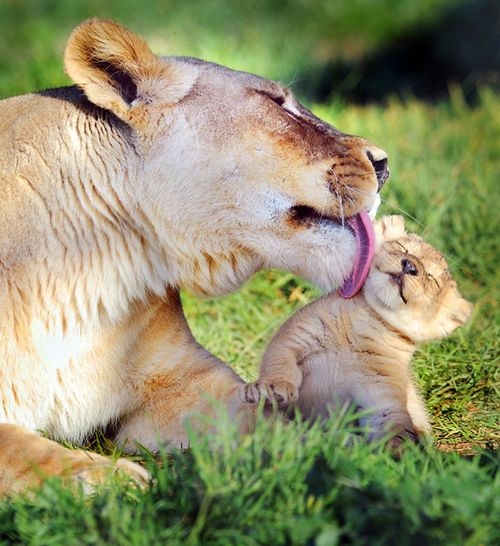(单词翻译:单击)
Lion attacks in Tanzania rise after the full moon, possibly because waxing moon made hunting difficult for the lions. Christopher Intagliata reports.
克里斯托弗·因塔利亚塔在报道中指出,坦桑尼亚的狮子攻击事件会在满月之后频増,可能原因是娥眉月使得狮子捕猎难度加大。
Think humans are at the top of the food chain? Not quite, in parts of Africa. Lions have attacked over 1000 people in Tanzania in the last 20 years. Two thirds of those attacks were fatal, and the victims were eaten. But there does seem to be a way to lower the risk of becoming dinner—avoid going out before moonrise on the nights following the full moon. So says a study in the journal Public Library of Science One. [Craig Packer et al, Fear of Darkness, the Full Moon and the Nocturnal Ecology of African Lions]
还在认为人处于食物链的顶层吗?在局部的非洲大陆上可不完全如此。在坦桑尼亚过去20年内,狮子已经攻击了至少1000人。其中3分之1已达致命,被害人成为了狮子的盘中餐。但是似乎有某种方法可以降低成为狮子口中食的危险——避免在满月之后,月亮升起前出行。刊登在第一科学(Science One)的公共图书馆杂志上的研究结果如是说。[满月和非洲狮的晚间生态学,对黑暗的恐惧,克莱格·帕克等]

Researchers plotted the timing of nearly 500 of those lion attacks against the phases of the moon. And they found that the odds of being devoured by a lion were highest on nights following the full moon—nights when the moon rises late, providing hours of darkness for lions to stage a strike.
研究人员绘制了月相与狮子攻击事件的时间测定,并发现满月之后的夜晚,狮子食人几率最高——较晚升起的月亮为狮子上演进攻大戏提供了黑暗。
And previous studies have found that the fatter the moon, the slimmer the lion. Probably because the bright nights make hunting harder. So lions are hungriest around the full moon too—and more willing to pounce on two-legged prey, as soon as they're provided the cover of darkness. The authors speculate that humans may be afraid of the dark because this situation has long been true. Seems like a bit of a stretch. But you won't find me strolling the Serengeti after a full moon.
早期研究表明,月亮盈亏与狮子的胖瘦负相关。可能因为明亮的夜晚使得狩猎难度加大,所以狮子在满月时也最饥饿——一当获得黑暗的掩护,狮子便更想将力爪伸向人类这二足猎物。作者推测,人类可能为此惧怕黑暗。这看起来似乎有点不真实,但是你绝对不会在满月之后看到我在塞伦盖蒂草原上闲逛。


